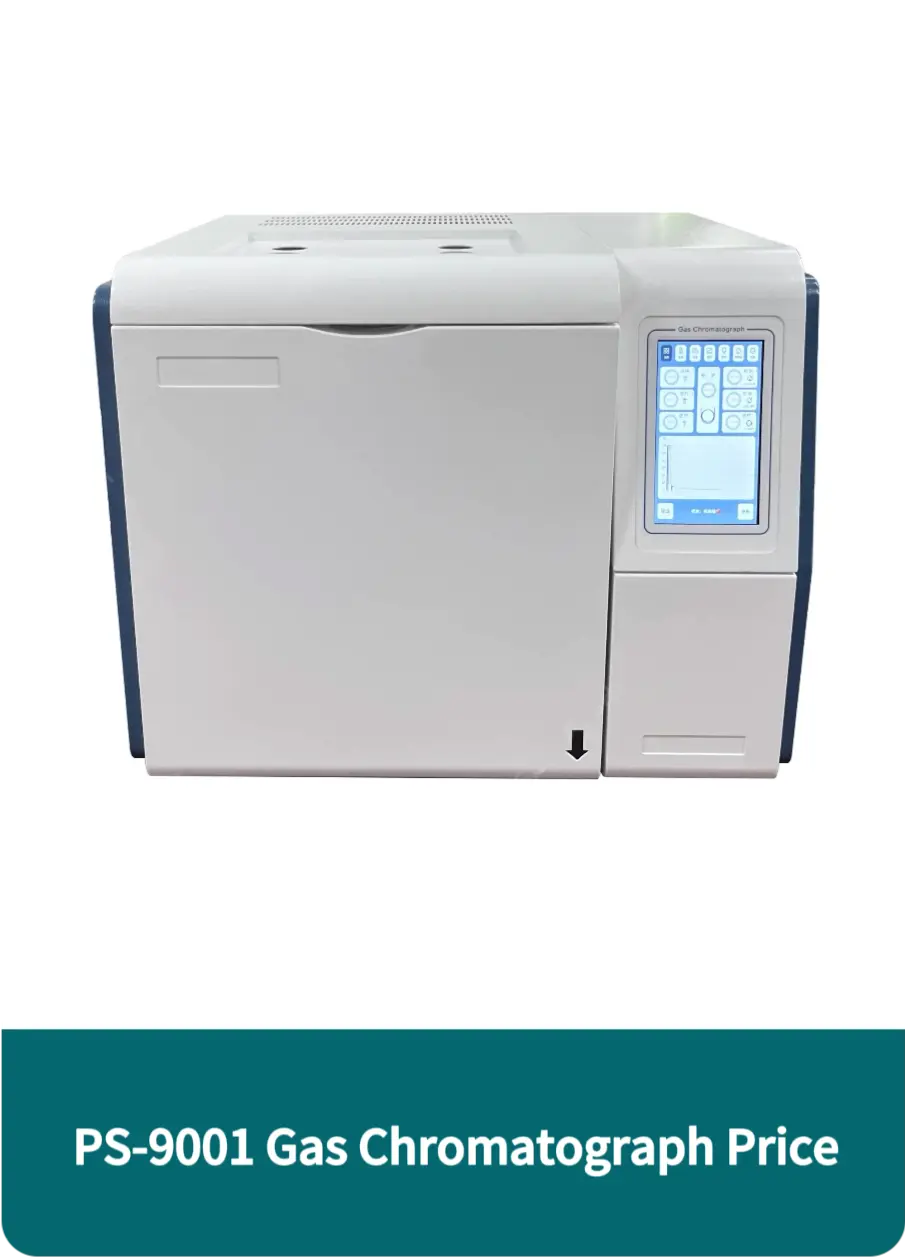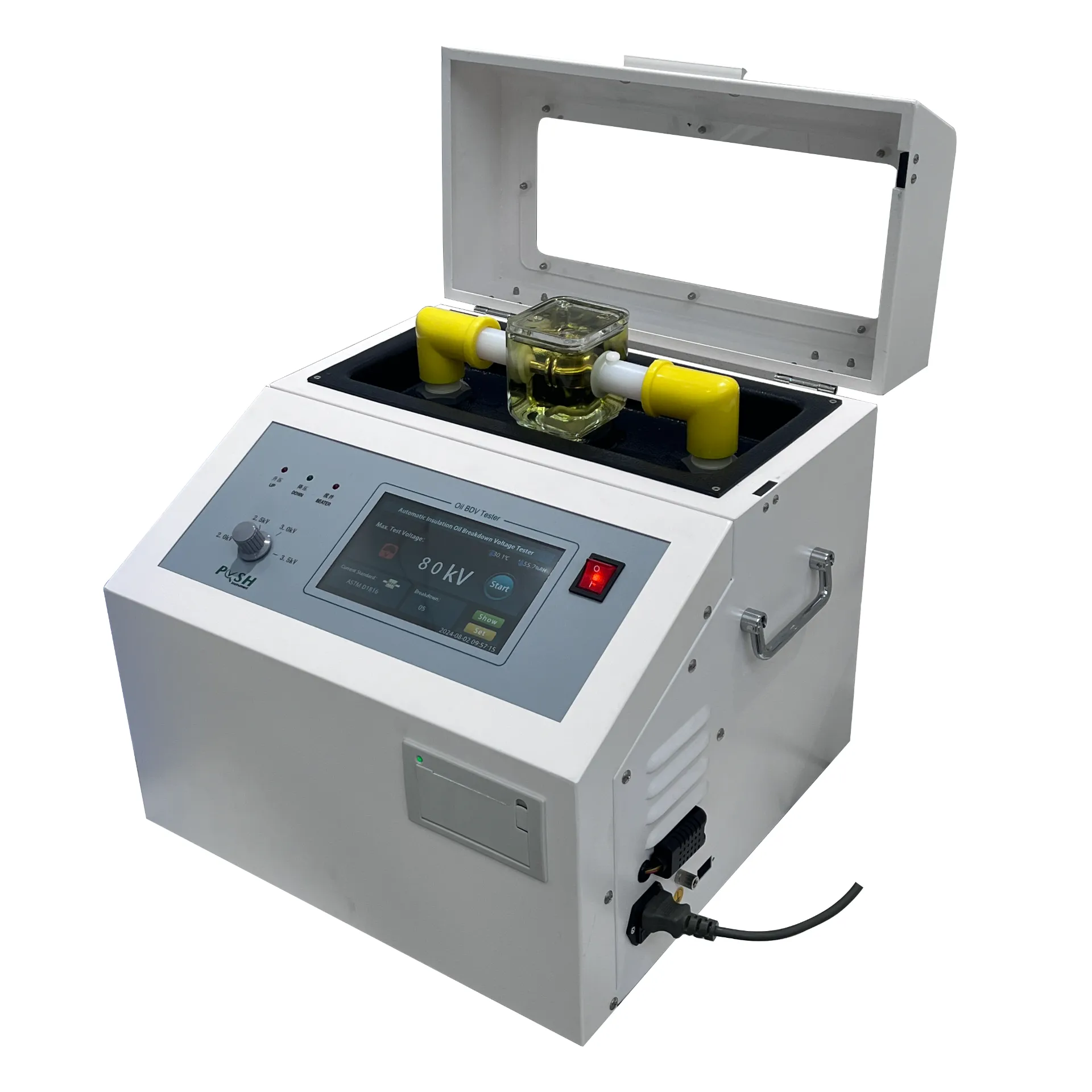 English
English



-
 Afrikaans
Afrikaans -
 Albanian
Albanian -
 Amharic
Amharic -
 Arabic
Arabic -
 Armenian
Armenian -
 Azerbaijani
Azerbaijani -
 Basque
Basque -
 Belarusian
Belarusian -
 Bengali
Bengali -
 Bosnian
Bosnian -
 Bulgarian
Bulgarian -
 Catalan
Catalan -
 Cebuano
Cebuano -
 China
China -
 China (Taiwan)
China (Taiwan) -
 Corsican
Corsican -
 Croatian
Croatian -
 Czech
Czech -
 Danish
Danish -
 Dutch
Dutch -
 English
English -
 Esperanto
Esperanto -
 Estonian
Estonian -
 Finnish
Finnish -
 French
French -
 Frisian
Frisian -
 Galician
Galician -
 Georgian
Georgian -
 German
German -
 Greek
Greek -
 Gujarati
Gujarati -
 Haitian Creole
Haitian Creole -
 hausa
hausa -
 hawaiian
hawaiian -
 Hebrew
Hebrew -
 Hindi
Hindi -
 Miao
Miao -
 Hungarian
Hungarian -
 Icelandic
Icelandic -
 igbo
igbo -
 Indonesian
Indonesian -
 irish
irish -
 Italian
Italian -
 Japanese
Japanese -
 Javanese
Javanese -
 Kannada
Kannada -
 kazakh
kazakh -
 Khmer
Khmer -
 Rwandese
Rwandese -
 Korean
Korean -
 Kurdish
Kurdish -
 Kyrgyz
Kyrgyz -
 Lao
Lao -
 Latin
Latin -
 Latvian
Latvian -
 Lithuanian
Lithuanian -
 Luxembourgish
Luxembourgish -
 Macedonian
Macedonian -
 Malgashi
Malgashi -
 Malay
Malay -
 Malayalam
Malayalam -
 Maltese
Maltese -
 Maori
Maori -
 Marathi
Marathi -
 Mongolian
Mongolian -
 Myanmar
Myanmar -
 Nepali
Nepali -
 Norwegian
Norwegian -
 Norwegian
Norwegian -
 Occitan
Occitan -
 Pashto
Pashto -
 Persian
Persian -
 Polish
Polish -
 Portuguese
Portuguese -
 Punjabi
Punjabi -
 Romanian
Romanian -
 Russian
Russian -
 Samoan
Samoan -
 Scottish Gaelic
Scottish Gaelic -
 Serbian
Serbian -
 Sesotho
Sesotho -
 Shona
Shona -
 Sindhi
Sindhi -
 Sinhala
Sinhala -
 Slovak
Slovak -
 Slovenian
Slovenian -
 Somali
Somali -
 Spanish
Spanish -
 Sundanese
Sundanese -
 Swahili
Swahili -
 Swedish
Swedish -
 Tagalog
Tagalog -
 Tajik
Tajik -
 Tamil
Tamil -
 Tatar
Tatar -
 Telugu
Telugu -
 Thai
Thai -
 Turkish
Turkish -
 Turkmen
Turkmen -
 Ukrainian
Ukrainian -
 Urdu
Urdu -
 Uighur
Uighur -
 Uzbek
Uzbek -
 Vietnamese
Vietnamese -
 Welsh
Welsh -
 Bantu
Bantu -
 Yiddish
Yiddish -
 Yoruba
Yoruba -
 Zulu
Zulu
Best Hipot Tester Price & Affordable Hipot Test Equipment for Sale Reliable Hipot Test Kit Price
- Comprehensive explanation of hipot tester price
, factors, and industry significance - Statistical insights and current market ranges
- Overview of the technical advantages impacting cost
- Comparison of leading manufacturers and their pricing strategies
- Customization options influencing prices and applications
- Real-world case studies and application scenarios
- Summary including recommendations and insights with the keyword naturally embedded

(hipot tester price)
Understanding Hipot Tester Price and Its Industrial Impact
The growing demand for electrical safety across multiple industries puts the focus directly on the hipot tester price. These devices, central to high potential (hipot) testing, ensure insulation integrity in electrical products. The investment in a hipot tester, whether for laboratory, industrial, or field use, is shaped by several core factors, such as voltage range, functionality, automation level, and compliance with international standards like IEC, UL, and EN. Recognizing the pivotal role of the hipot tester not only emphasizes safety assurance but also efficiency in manufacturing and compliance validation. Organizations allocating resources to cutting-edge test equipment understand that cost is more than a number—it represents a strategic investment in product reliability, operational uptime, and market acceptance.
Market Statistics and Hipot Test Equipment Price Ranges
Globally, the demand for hipot testing equipment has been increasing, with the market size expected to reach $780 million by 2026, growing at a CAGR of 6.4% (according to Statista, January 2023). Basic desktop units suitable for small-scale operations range from $800 to $1,500, while mid-range programmable testers cost between $2,500 and $7,000. High-functionality, automated multi-channel systems suitable for industrial-scale operations can cost from $12,000 up to $47,500 or more, depending on specific configurations and testing protocols.
The price composition is heavily influenced by features such as automated data logging, support for both AC and DC testing, multi-channel capability, multi-language interfaces, and integrated safety mechanisms. Newer models with advanced digital diagnostics and IoT integration command a 20%-40% premium over conventional systems. For reference, the hipot test kit price—considered an entry-level solution—ranges from $355 to $900, depending on voltage limits, portability, and included accessories such as external probes and communication cables.
Technical Advantages That Influence Cost
Investing in a more advanced hipot tester directly affects both the upfront and long-term operational costs. High-voltage testing precision (±0.5% or better), rapid ramp-rate automation, overcurrent detection, and arc detection are standard in mid-to-high end devices. Superior models often claim test cycle time efficiency gains of up to 30%, supporting rapid throughput in automated assembly lines. Automated test report generation, remote diagnostics, and cloud-based data transfer are hallmarks of next-generation hipot test equipment, further increasing the price but enhancing traceability and compliance.
Compliance with standards such as IEC 61010, UL 60335, and EN 60601 guarantees interoperability across global markets, but adds certification and design costs. Advanced safety features, such as interlock systems, emergency stop circuits, and multi-layer fault protection, are integral in preventing operator injuries and product liability issues, justifying the higher investment.
Manufacturers Comparison and Price Structure
The global market for hipot testers is represented by several main players, each offering unique features, warranty schemes, and service support. The following table provides a recent comparative snapshot of major manufacturers, their key models, and the corresponding pricing structure as of Q1 2024:
| Manufacturer | Main Model | Voltage Range | Automation Level | Compliance | Warranty (Years) | Base Price (USD) |
|---|---|---|---|---|---|---|
| Hioki | ST5520 | AC 5 kV / DC 6 kV | Manual/Programmable | IEC/UL/EN | 3 | 5,950 |
| Chroma | 19055 Series | AC 5 kV / DC 6 kV | Fully Automated | IEC/EN | 2 | 11,200 |
| Slaughter | SCI 298 | AC 3 kV / DC 4 kV | Manual/Auto | UL | 2 | 3,750 |
| Fluke | 1625-2 Kit | AC 2 kV | Manual | UL/EN | 1 | 1,550 |
| Megger | MIT430 | AC 2.5 kV | Manual | IEC | 3 | 1,250 |
| Mitutoyo | HVT-70 | AC 6 kV / DC 8 kV | Programmable | IEC/UL | 2 | 8,800 |
Pricing often reflects technological integration, region-specific certification, and service agreements. Hioki and Chroma lead with advanced automation, suitable for large-scale manufacturing, while Fluke and Megger target portability and user-friendly interfaces for field engineers. Warranty periods and local support coverage also influence total cost of ownership.
Customization Options and Their Effects on Hipot Test Kit Price
Customization emerges as a key reason for price fluctuation across the hipot test equipment market. Clients in medical device manufacturing, automotive electronics, and heavy machinery sectors frequently request tailored solutions—such as higher test voltages (above 10 kV), specialized automation interfaces (SCADA, MES integration), or advanced data encryption for compliance with industry-specific standards like ISO 13485 or IATF 16949. Integration with proprietary production lines or laboratory information management systems (LIMS) further adds to the custom engineering cost.
A basic hipot test kit price is sufficient for standard regulatory compliance, offering features like basic pass/fail indicators and manual output adjustment. However, adding advanced features—such as multi-parameter storage, touchscreen HMI, wireless communication, or extended calibration traceability—can raise the price by 30-80%. For example, a custom kit equipped for high-capacity transformer testing with built-in database connectivity can cost upwards of $18,000, while a conventional equivalent may remain under $2,000.
Real-World Applications and Case Studies
Several industries depend on hipot testers for product safety certification and process validation. In 2023, an automotive electronics manufacturer deployed 24 units of the Chroma 19055 series, reporting a 25% reduction in test cycle times and a 15% decrease in operator errors due to automation features—despite a higher initial investment of $268,800 in total. A medical equipment company adopted the Hioki ST5520, leveraging its rapid reporting to cut manual paperwork by over 50%. In comparison, a small appliance manufacturer using Fluke’s budget-friendly kits for routine sampling achieved regulatory compliance at a fraction of the investment ($9,300 for six units), though with higher manual labor costs.
These examples illustrate that the hipot tester price is matched by tangible business benefits: reduced downtime, increased throughput, enhanced traceability, and prevention of expensive recalls or compliance violations.
Summary and Recommendations Regarding Hipot Tester Price
Evaluating hipot tester price demands a multi-faceted approach. While initial costs vary widely—from $800 for basic testers to above $45,000 for high-capacity, fully-automated systems—the influence of features, certification requirements, customization potential, and aftersales support cannot be overlooked. Organizations should thoroughly assess their current and future needs, potential risk factors in their testing environments, and budgetary allocations relative to the criticality of safety testing. Investing in technologically advanced hipot testers brings measurable returns in productivity and safety while ensuring global regulatory compliance. Ultimately, making an informed choice aligned with both present requirements and long-term growth plans confirms the strategic value of every dollar spent on reliable, industry-certified test equipment.

(hipot tester price)
FAQS on hipot tester price
Q: What is the typical hipot tester price?
A: The typical price for a basic hipot tester ranges from $500 to $2,500. Advanced models with more features can cost significantly more.Q: How much does hipot test equipment cost?
A: Hipot test equipment prices depend on specifications and brand, generally ranging from $1,000 to $10,000. Always compare features to match your testing needs.Q: What factors affect hipot tester price?
A: Factors include voltage range, functionality, automation, and brand reputation. More complex models with additional functions are priced higher.Q: How much is a full hipot test kit?
A: A complete hipot test kit price typically falls between $2,000 and $8,000. The price varies based on included accessories and test capabilities.Q: Are there budget-friendly options for hipot testers?
A: Yes, entry-level hipot testers are available starting around $500. However, these may have limited features compared to more expensive models.-
Exploring the Main Types of Industrial Endoscopes and Their Applications Across IndustriesNewsJul.04,2025
-
Testing Equipment Industry Sees Major Advancements in 2025: Smart & Precision Technologies Lead the WayNewsJun.06,2025
-
Applications of Direct Current Generators in Renewable Energy SystemsNewsJun.05,2025
-
Hipot Tester Calibration and Accuracy GuidelinesNewsJun.05,2025
-
Digital Circuit Breaker Analyzer Features and BenefitsNewsJun.05,2025
-
Benefits of Real-Time Power Quality Monitoring Devices for Industrial EfficiencyNewsJun.05,2025



